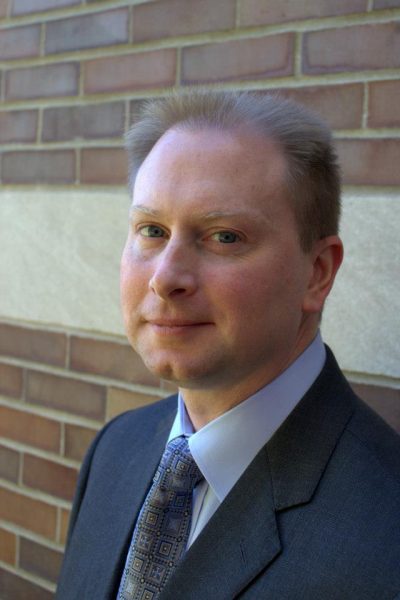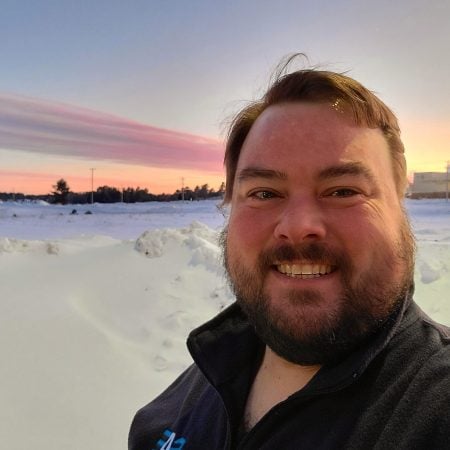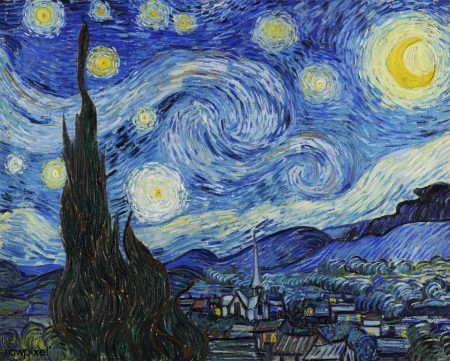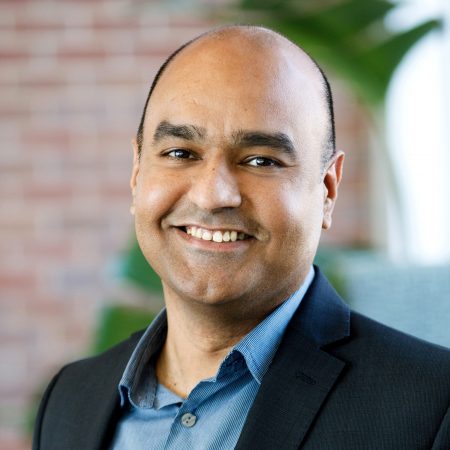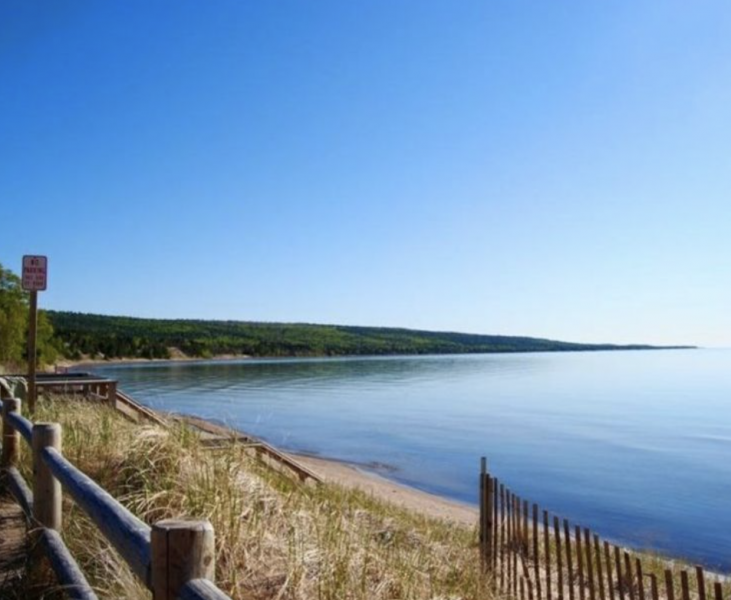Shawn Brueshaber comes to Michigan Tech from Western Michigan University, where he earned his MS and PhD in Mechanical Engineering. He earned his BS in Aerospace Engineering at Embry-Riddle Aeronautical University in Daytona Beach, Florida. After graduating, he spent several years in industry, eventually earning his Master’s degree while working full time. His research at Western focused on the polar atmospheric dynamics of the giant planets—Jupiter, Saturn, Uranus, and Neptune. And that’s just for starters. Welcome, Dr. Brueshaber!
What drew you to Michigan Tech?
I like the climate—cool and snowy. Seriously, I applied to multiple universities and when I interviewed here, I found it to be a good fit.
What is your primary area of research and what led you to it?
I’ve always had an interest in weather and planetary science. Once I discovered I could combine them with my formal education of mechanical and aerospace engineering to conduct research, I was off and running!
My primary area of research is basically figuring out how weather works on other planets.
Can you share a little more about your research and what you like about it?
At first glance, atmospheric planetary science doesn’t seem to hold a lot of everyday, practical problem-solving here on Earth, which is what many engineering students tend to do. However, because our understanding of weather and climate is a subset of fluid dynamics, and, in turn, is a huge area of physics that is still not fully understood, atmospheric planetary science provides another rich field of science that may eventually lead to a more complete understanding of fluid mechanics.
My ultimate goal is to develop a comprehensive theory of weather and climate applicable to all planetary bodies with an atmosphere. Perhaps along the way, we will gain a better understanding of turbulence, which can help with generating sustainable fusion power production.
What do you consider an important long-term goal for your research, teaching, or outreach?
I am working towards developing a deeper understanding of how planetary atmospheres work. I intend to do this by continuing my current research plans, as well as conducting new research focusing on clouds and precipitation in the Keweenaw Peninsula.
I have some nascent research ideas applicable to biological sciences, too. Through all this, I want to create industry- and graduate school-ready engineers with a love of learning and appreciation for the natural world–and how we can move humanity forward in a more sustainable and compassionate path to the future.
What do you hope to accomplish, as an educator and as a researcher, over the next few years?
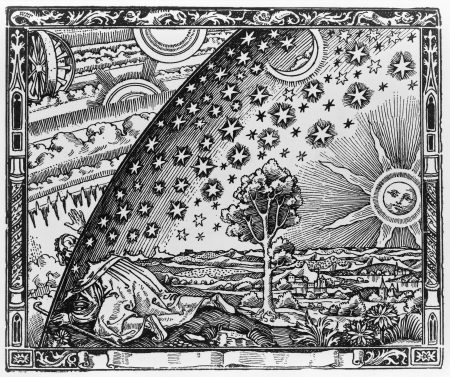
I want to set up a more comprehensive suite of meteorology instrumentation for the Keweenaw area, while continuing my current research inquiries on the giant planets. Additionally, I have a strong interest in branching into researching meteorology on Saturn’s giant moon, Titan.
As for education, I want to develop a new course that teaches engineering students the basics of planetary science, for those that wish to work in the space industry. Understanding why scientists impose a set of instrument requirements for engineers to figure out is an important component in making more efficient and less expensive space exploration missions. In turn, we will get more science return per dollar.
And, of course, I desire to improve my teaching abilities. I have taught on and off since 1995. I started out by teaching a graduate course (developing a fluids class from scratch), and then undergrad courses (Thermodynamics, Introduction to Mechanical Engineering, and Material Science), and Developmental Algebra.
Where are you from? What do you like to do in your spare time?
Originally, I’m from Maryland. I like hiking, cross-country skiing, SCUBA diving, backpacking, and running (although I need to start from scratch again). Also reading—history and science fiction—and gaming (both computer and board games). I enjoy astronomy, cooking, and spending time serving my three cats.
What’s your favorite book, movie, or piece of art?
That is a very difficult question. How can one have only ONE favorite book, movie, or piece of art? ;-). I’ll answer by saying one of my favorite recently-read books was “Sleepwalkers, How Europe went to War in 1914,” by Christopher Clark. This book goes into a deep analysis of the situation in Europe and the Near East in the late 19th century and how Europe’s leaders avoided a number of potential flashpoints into the 20th century, but infamously and not at all inevitability, stumbling into the catastrophe of World War I, the Great War. This war, perhaps every bit as the Second World War, shapes much of our geopolitics today.
As for movies, I can’t really single out a favorite. But I have been very pleased with the recent Star Trek TV series “Strange New Worlds.” I’m also a big fan of The Expanse, Star Wars, and Battlestar Galactica. If it is science fiction, I’m going to pay attention.
As for art, the Flammarion engraving is probably my favorite piece. It first intrigued me as a four-year old. I couldn’t stop looking at it and trying to understand it.
In September of 2022, I attended a planetary science conference in Granada, Spain. I visited the Alhambra complex and fell in love with the architecture of the Nasrid dynasty, and in Cordoba, the Grand Mosque-Cathedral. The use of thin tall columns, arches, color, use of light, water features, and the elaborate application of geometric patterns on tile, and natural, and astronomical themes was breathtaking.
“Be open to new ideas and new experiences. You get a finite number of orbits around the Sun so make the most of them.”
Any favorite spots on campus, in Houghton, or in the UP?
I’m new to the area so I don’t really have a truly favorite place yet. However, on previous trips to the UP, I really enjoyed Munising and hope one day to hike part of the long trail above Pictured Rocks.
Any advice for incoming students?
Learn to organize your day, week, and semester. Establish a healthy and energetic lifestyle, and engage in intellectual interests beyond your major. I became a huge history buff in college and took several additional history courses as electives. I read many a book on ancient and military history and it has provided me with useful lessons and a sound understanding of how the world really works. If you are an engineering student, simply sticking to engineering courses is a severe detriment, both as a citizen and as an employee. So, find or rejuvenate your intellectual curiosity. Be open to new ideas and new experiences. You get a finite number of orbits around the Sun so make the most of them.
